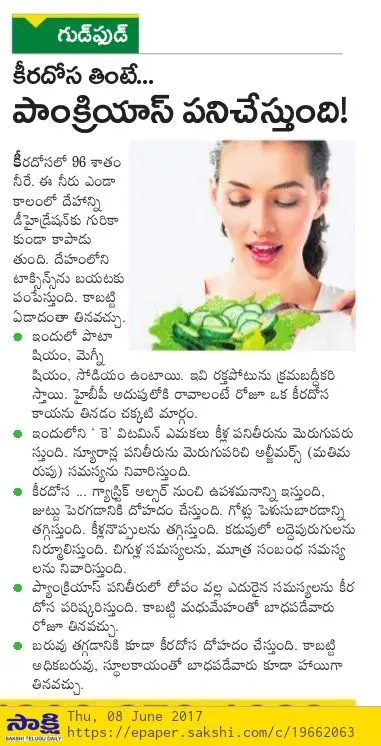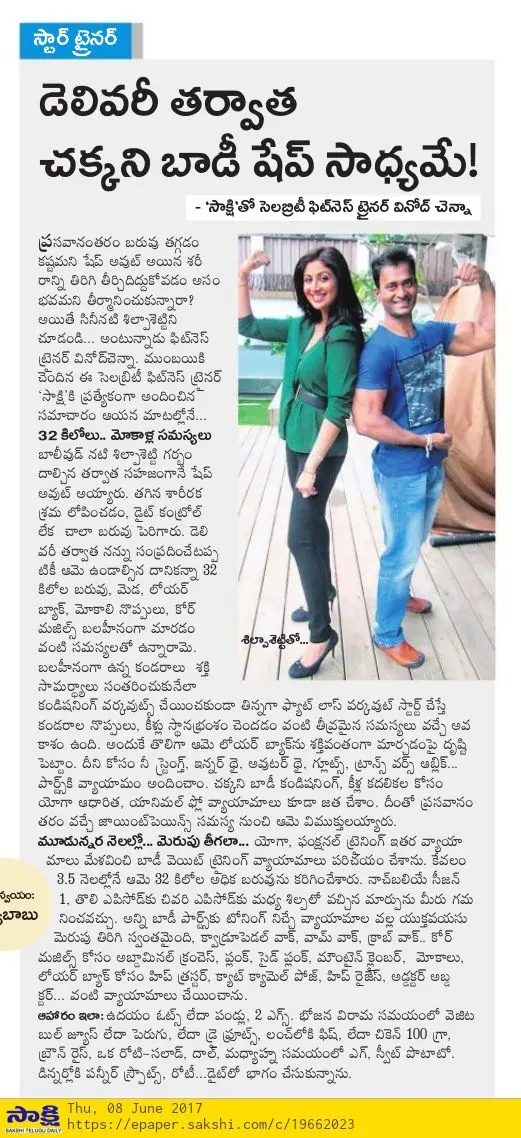TS Gurukul Junior Lecturers Exam English Syllabus 2017
Scheme and Syllabus for the post of Junior Lecturers in Residential Educational Institution Societies
Preliminary (Screening Test)
Scheme of Examination
| Written Examination (Objective Type) | No. of
Questions | Duration
(Minutes) | Marks |
| Paper | General Studies, General
Abilities and Basic Proficiency
in English | 150 | 150 | 150 |
Syllabus
Paper: General Studies, General Abilities and Basic Profeiciency in English
Section-I: General Studies1. Current Affairs – Regional, National & International.
2. Indian Constitution; Indian Political System; Governance and Public Policy.
3. Social Exclusion; Rights issues such as Gender, Caste, Tribe, Disability etc.and inclusive policies.
4. Society Culture, Civilization Heritage, Arts and Literature of India and Telangana
5. General Science; India’s Achievements in Science and Technology
6. Environmental Issues; Disaster Management- Prevention and Mitigation Strategies and Sustainable Development.
7. Economic and Social Development of India and Telangana.
8. Socio-economic, Political and Cultural History of Telangana with special emphasis on Telangana Statehood Movement and formation of Telangana state.Section-II: General Abilities9. Analytical Abilities: Logical Reasoning and Data Interpretation.
10. Moral Values and Professional Ethics in Education.
11. Teaching Aptitude
Section – III: Basic Proficiency in Englishi) School Level English Grammar:
Articles; Tense; Noun & Pronouns; Adjectives; Adverbs; Verbs; Modals; Subject-Verb Agreement; Non-Finites; Reported Speech; Degrees of Comparison; Active and Passive Voice; Prepositions; Conjunctions; Conditionals.ii) Vocabulary:
Synonyms and Antonyms; Phrasal Verbs; Related Pair of Words; Idioms and Phrases; Proverbs.
iii) Words and Sentences :
Use of Words ; Choosing Appropriate words and Words often Confused; Sentence Arrangement, Completion, Fillers and Improvement; Transformation of Sentences ; Comprehension; Punctuation; Spelling Test; Spotting of Errors.
Main Examination Scheme and Syllabus for the post of Junior
Lecturer in Residential Educational Institution Societies
Scheme of Examination
| Written Examination (Objective Type) | No. of
Questions | Duration
(Minutes) | Marks |
| Paper – I | Pedagogy Across the Curriculum
(Common Syllabus) | 100 | 90 | 100 |
| Paper – II | Subject Discipline
Knowledge/Concerned Subject | 200 | 180 | 200 |
| Interview/ Demonstration /viva-voce | 30 |
| Total | 330 |
Syllabus
Paper – I: Pedagogy Across the Curriculum (Common Syllabus)I. The History and Nature of liberal disciplines of knowledge. Importance of Cognitive and Non-Cognitive areas in Education.II. Values, Aims and Objectives of Teaching Liberal and Creative Disciplines of Knowledge including Vocational subjects, Crafts, Performance and Fine arts etc.III.Psychology of Human Development; Psychology of Teaching and Learning.IV. Curriculum : Construction ,Organization and DevelopmentV. Approaches, Methods and Techniques of Teaching Disciplines of KnowledgeVI. Planning for Effective Instruction : Different Plans and Designing Learning Experiences.VII. Learning Resources and Designing Instructional Material ; Labs; Teaching Aids ; Textbooks; ICT integration; OERs (Open Educational Resources).VIII. Measurement and Evaluation : Continuous and Comprehensive Evaluation (CCE) ; Tools and Techniques of Evaluation; Achievement and Diagnostic Tests. Critical approach to assessment and evaluation.IX. Learning Disabilities; Learning Difficulties and Education of Exceptional and Disabled Children
X. Disciplines of Knowledge and Everyday Life ; Non-formal Education in the Institutions of Learning.
XI. Pedagogical Concerns: Quality and Academic Standards; Teaching and Its relationship with Learning and Learner, Learners in Contexts: Situating learner in the Socio-Political and Cultural Context ; Managing Behavior problems, Guidance & Counseling, Punishment and Its legal implications, Rights of a Child, Time Management, Distinction between Assessment for Learning and Assessment of Learning, School Based Assessment, Continuous and Comprehensive Evaluation; Understanding Teaching and Learning in the context of NCF and Right to Education Act.
Paper – II: English
I. Genres, Movements, Schools, Concepts.• Renaissance-Reformation, Metaphysical poetry, Neo-classicism, Puritanism, Restoration, Romanticism,Victorian Age, Realism-Naturalism, Expressionism, Symbolism, Modernism, Postmodernism.• Structuralism, Poststructuralism, Feminism, Postcolonialism, Diaspora, Race Gender and Caste.• English Literary Criticism from Philip Sydney to Matthew Arnold• New Criticism, Formalism, Archetypal criticism, New Historicism, Psychoanalytical criticism,Reader response criticism.• Literary Genres: Poetry, Fiction, Prose, Drama (origins and development, elements, forms, types)II. Writers and Texts• Christopher Marlowe Doctor Faustus• William Shakespeare Hamlet• John Milton Paradise Lost-Book 1• William Wordsworth “Immortality Ode”, Tintern Abbey• Robert Browning “My Last Duchess”, “Andrea del Sarto”• Thomas Hardy Tess of the d’ Urbervilles• TS Eliot The Waste Land• G.B. Shaw Saint Joan• Virginia Woolf “A Room of One’s Own”• William Golding Lord of the Flies• Walt Whitman “When Lilacs Last in the Dooryard Bloomd”,”Crossing Brooklyn Ferry”• Arthur Miller Death of a Salesman• Toni Morrison Beloved• Mulk Raj Anand Untouchable• Kamala Das “An Introduction”, “The Old Playhouse”• Girish Karnad Hayavadana• Salman Rushdie Midnight’s Children• Chinua Achebe Things Fall Apart• Margaret Atwood Edible Woman• Derek Walcott Dream on Monkey Mountain
III English Language Teaching1. ELT in India : (History and status of English in India; English as Second Language, English as Foreign Language, and English as Global Language).
2. Methods and Approaches: (Grammar Translation method, Direct method, Audio-Lingual method; Structural approach, Communicative language teaching)
3. Teaching of Language Skills : (Teaching of Listening, Speaking, Reading, and Writing Skills; Teaching of Grammar and Functional English; Teaching of Vocabulary; Classroom techniques; Use of authentic materials) Teaching literature.
4. Testing and Evaluation: (Principles, Types, Objectives of testing and evaluation)
5. Phonetics and Phonology; Syntax and Structure.IV. Literary comprehension-(Excerpts from poetry and prose for comprehension














